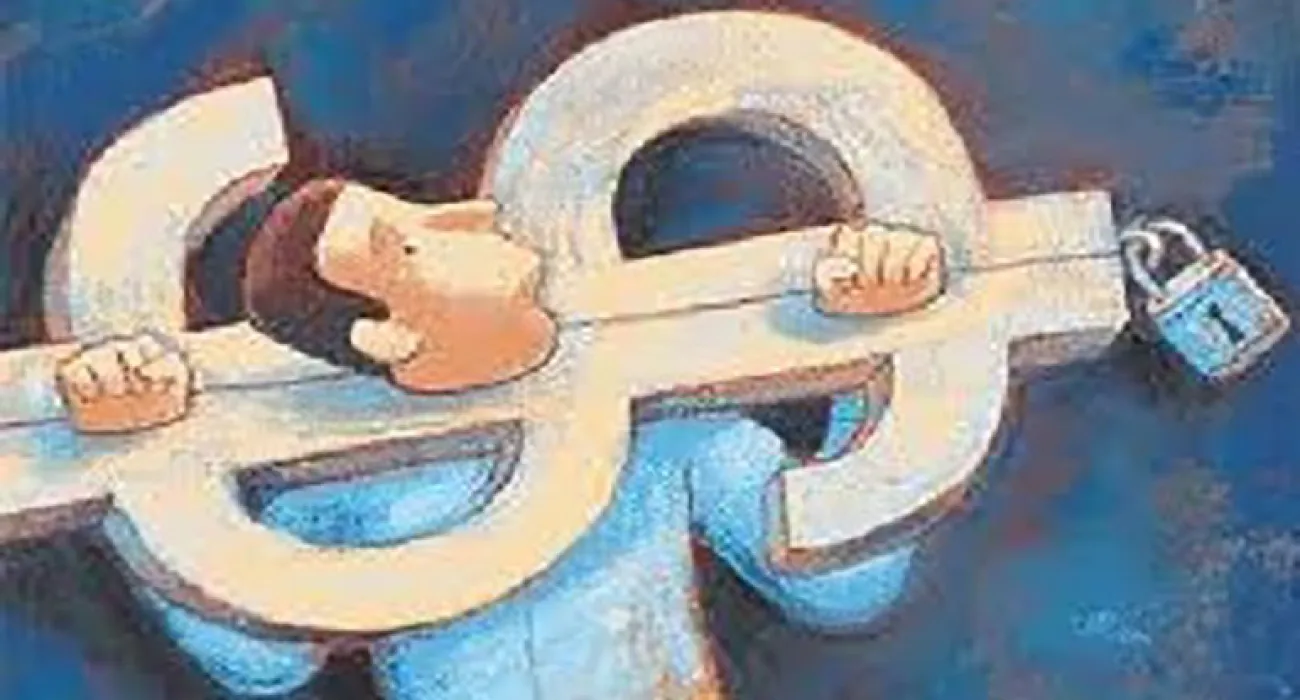An estimated 1 in 3 adults with a credit history — or 77 million people — are so far behind on some of their debt payments that their account has been put "in collections. "That's a key finding from a new Urban Institute study.
It examined non-mortgage debt, including credit card bills, car loans, medical bills, child support payments and even parking tickets. The debt in collections ranged from as little as $25 to a whopping $125,000. But the average amount owed was $5,200. (source money.cnn.com). So, what happens when the debt collector comes calling for you?
- Don't Ignore Them- Look, it can be incredibly disheartening to have to deal with a debt collector, but at some point you will need to face the music. These aren't the days of BMG/Columbia 6 CD's for a penny and then change your P.O. Box. (Although admittedly I got a ton of CD's this way). Changing your name, address, or phone number might help you slip stream a bill or two, but ultimately it will catch up with you.
- Get It In Writing- Within 5 days of getting a call, the collector must provide you something in writing proving the debt and elaborating around the details of the debt. Do NOT talk to these people up front. Get all of the correspondence in writing.
- Know Your Rights- Many people assume these debt collectors will harass you. They cannot. Simply put, collectors are unable to phone you before 8 a.m. and after 9 a.m.. In addition, they cannot call you at work. If you are getting harassed, go to the Consumer Federal Protection Bureau or www.ftc.gov and launch a complaint.
- Play Let's Make A Deal- Remember, collectors generally make 50 cents or $1 every time they send you a letter or call you, so there is going to me some incentive to keep contacting you. However, the real money comes from actually settling the debt. Thus, consider making a deal with them at the end of month when it is quota time. You'll often have a better chance to settle the bill for less.
- Make sure you get PAID IN FULL- There is a big difference between SETTLE and PAID IN FULL. Consequently, you must make sure the collector is going to mark the debt in writing PAID IN FULL and get it to the credit reporting agencies or else you'll still be dealing with the same issues. Send all of your payments via certified mail or overnight mail to track it or sometimes these collectors can still be a huge pain for credit reporting.
I don't recommend trying to play a game of ditch the debt collector. If you have put yourself in this unenviable position, there is a certainly a way out of it as well. Use these five your smart money moves to settle your debt.
Written by: Ted Jenkin
Request a FREE consultation: www.oxygenfinancial.net
If you would like to receive more information on making smart money moves for your future, be sure to contact us today!




